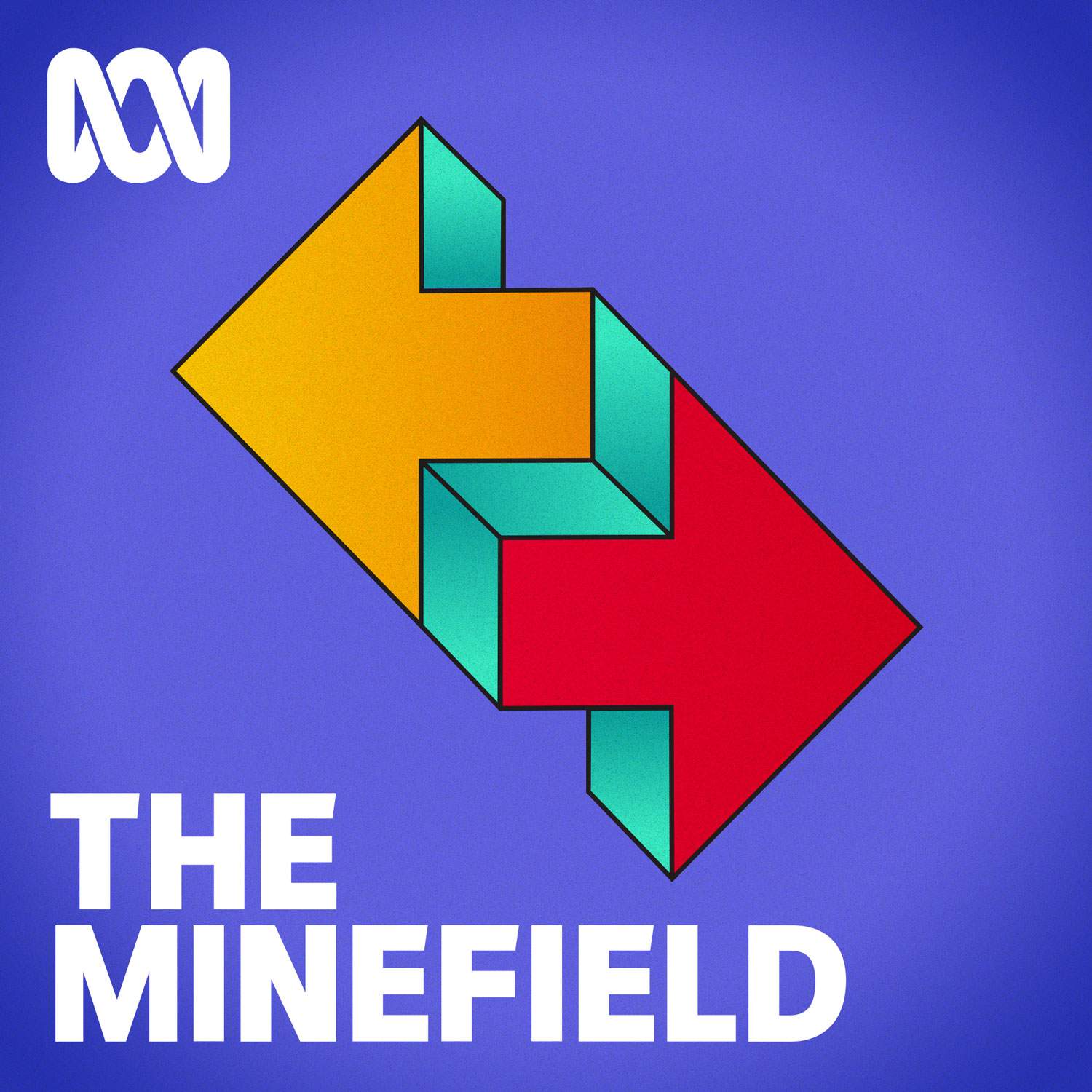

The Minefield
ABC
In a world marked by wicked social problems, The Minefield helps you negotiate the ethical dilemmas, contradictory claims and unacknowledged complicities of modern life.
Episodes
Mentioned books

Apr 3, 2024 • 54min
Ramadan — the rediscovery of society
The podcast delves into the transformative nature of Ramadan for Muslims, the value of solitude in seeking authenticity, the role of friendship in promoting thoughtful dialogue, and the importance of honoring commitments for true freedom within society.

16 snips
Mar 27, 2024 • 53min
Ramadan — the importance of friendship
Delving into the concepts of friendship and solitude inspired by Thoreau's Walden, the podcast explores the complexities of genuine friendships for self-betterment. It discusses strategies to address defensive mechanisms in the face of criticism and anger, emphasizing the impact of ego on truth recognition. The episode highlights the transformative power of friendships in self-discovery and growth, and the ethical challenges of supporting a dishonest friend.

Mar 20, 2024 • 53min
Ramadan — the discipline of solitude
Exploring the discipline of solitude during Ramadan, the podcast discusses the importance of spiritual reflection and attentiveness. It touches on the analogies of life as a garden and the historical roots of solitude in religious practice. The conversation also explores the significance of solitude in spiritual development and the parallels between music, literature, and inner peace.

4 snips
Mar 13, 2024 • 54min
Ramadan — the necessity of withdrawing
Are periodic bouts of withdrawal from life’s urgent demands and heated debates necessary to regain a sense of our shared humanity, and to renew the commitments that sustain the moral life?

10 snips
Mar 6, 2024 • 53min
Q+A on “the wisdom of crowds”
Waleed Aly, Scott Stephens and philosopher Stephanie Collins field questions from a live studio audience on crowd-behaviour, conformity and the importance of dissent.

6 snips
Feb 28, 2024 • 53min
How much credence should we give to “the wisdom of crowds”?
Stephanie Collins, an Associate Professor of Philosophy at Monash University, dives deep into the complexities of crowd wisdom versus individual expertise. She explores how collective decision-making can yield better outcomes, challenging historical doubts from thinkers like Plato. The discussion also navigates the delicate balance between democratic representation and expert guidance, especially in crisis situations like climate change. Additionally, Collins emphasizes the importance of civil society in bridging communication amidst divisiveness, encouraging a thoughtful approach to governance.

Feb 21, 2024 • 54min
When is it right to call some act – or someone – “evil”?
Exploring the concept of evil in various contexts, delving into the complexities of labeling actions or individuals as 'evil'. Discussing the implications of moral responsibility and judgment, questioning the essence of evil and examining extreme cruelty. Examining the banality of evil in real-world atrocities and fiction, through the lens of Hannah Arendt's views on categorizing evil.

Feb 14, 2024 • 54min
From Beyoncé to Taylor Swift — what’s behind the mass appeal of live music events?
Delving into the emotional pull of live music events, the podcast explores the intense experiences at concerts by artists like Beyoncé and Taylor Swift. The magic of live music is dissected, highlighting the unique connection between performers and audience members. The dynamics of audience engagement are compared to sports and comedy performances, revealing the gratitude and obedience that shape the concert experience.

Feb 7, 2024 • 54min
What is the harm in “deepfakes” — and what are they doing to democracy?
The podcast explores the rising concerns surrounding deepfakes and their impact on democracy, examining the ethical complexities, misogyny, propaganda, and personal harm caused by manipulated media. They discuss the multifaceted nature of deep fakes, focusing on the unique harm caused by deception through images or videos, and the implications on trust, truth, and societal cohesion.

Jan 31, 2024 • 54min
How can trust be cultivated in a time of pervasive suspicion?
Jedediah Purdy discusses the necessary conditions for democratic life in a time of pervasive suspicion. Topics include the challenges of trust, navigating suspicion in modern society, the politics of resentment, love and democracy, complexities of democratic contests, and media's role in shaping political narratives.


